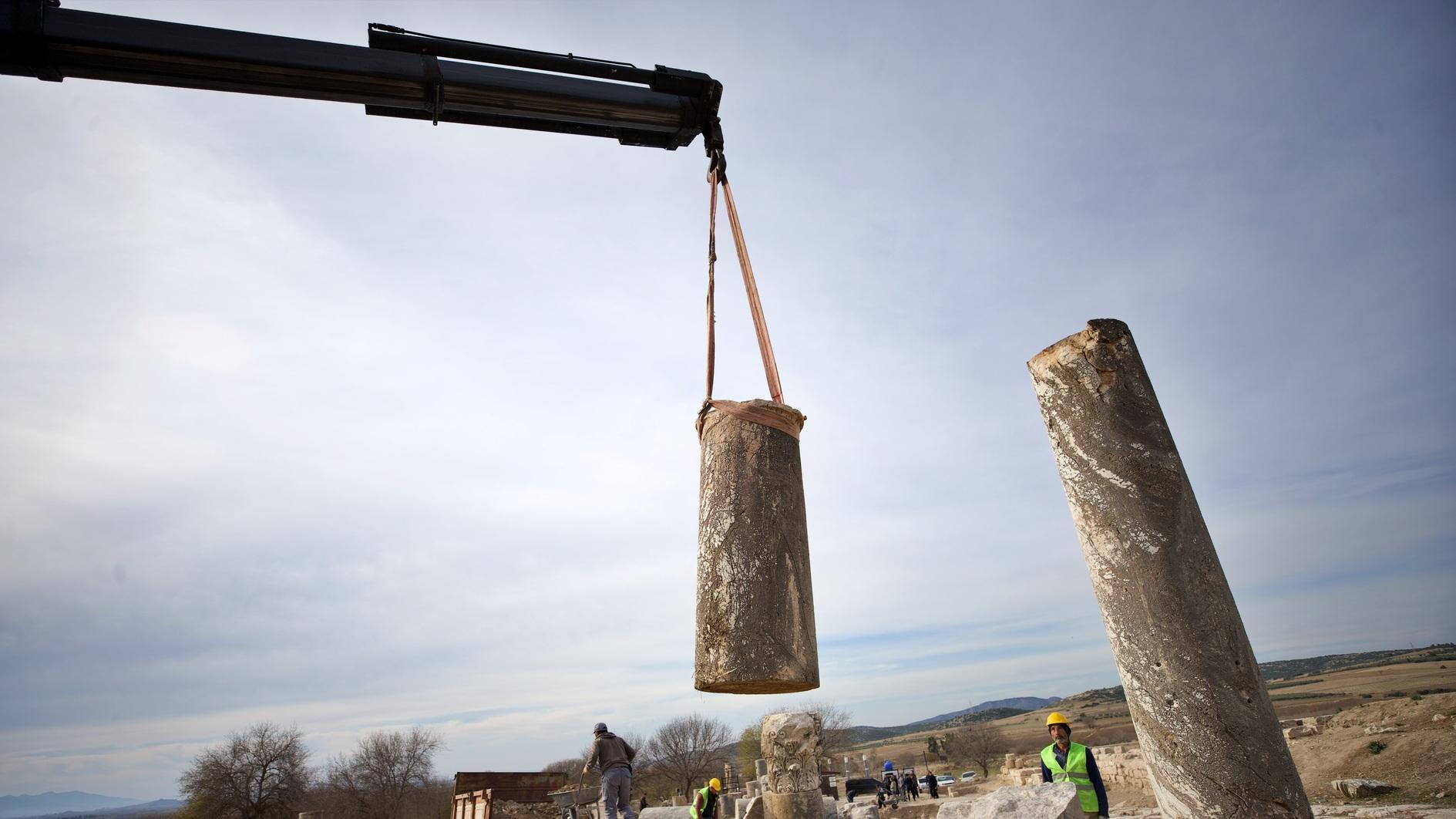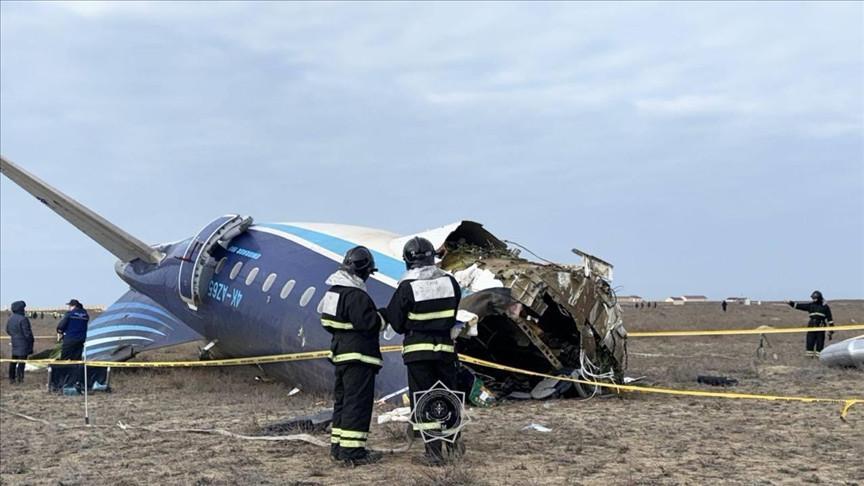Since Turkey turned its eyes from Europe to the Middle East
Turkish President Abdullah Gül said on Monday that the worst possible scenario is happening in Syria, and that both the government and he himself, as commander in chief, are in continuous contact with the Chief of General Staff to assess the security situation along the Syrian border.
Shells fired from Syria in the civil war there continue to fall on Turkish soil, escalating the tension and causing further troop deployment along the 910-kilometer joint border, which has been described by UN Secretary-General Ban Ki Moon as “extremely dangerous.”
Turkish Foreign Minister Ahmet Davutoğlu recently suggested that his former colleague Faruk Al-Shara could be an appropriate candidate to replace Bashar Al-Assad, an quickly received the reply from Damascus that he should mind his own business.
Those are the issues on Turkey’s agenda nowadays. When members of the Turkish government want a break from Syrian affairs, there is the Kurdish issue, which is actually Turkey’s number-one problem, according to President Gül. When opposition parties point out that the majority of Turkish people do not want war with Syria or any other country, they are accused of being supporting al-Assad.
Other issues, such as the fact that Turks are using the most expensive gas in the world in their cars, or the mess that the educational system is in, cannot find their way up in the agenda. No one is expressing such mild criticism as “Universities are places where thoughts should be expressed freely. These days Turkish universities are exercising their right to remain silent,” as the head of the Constitutional Court, Haşim Kılıç, said.
If President Gül had not urged the Parliament in his Oct. 1 speech to start the new legislative year by focusing more on European Union democratization goals, and if Umut Oran, deputy chairman of the main opposition Republican People’s Party (CHP), had not issued a reminder of the seventh anniversary of the beginning of Turkey’s membership negotiations, no one would have remembered the issue.
Five years ago, the Prime Minister Tayyip Erdoğan’s return to Ankara after E.U. talks was celebrated with daytime fireworks. This year, the goal of E.U. membership did not receive more than half a sentence of attention at the ruling Justice and Development Party’s (AK Parti) congress on Sept. 30.
Egemen Bağış, a staunch supporter of E.U. membership aim and Turkey’s E.U. minister and chief negotiator (when he can find something to negotiate on, due to the vetoes of the Greek Cypriot and French governments), appeared on the front pages of newspapers recently when he said it would only take Turkey a few hours to beat up Syria.
The E.U.’s Turkey progress report is expected to be released on Oct. 10, tomorrow. According to leaked information, it may be the worst report in years, with a lot of criticism regarding democratic rights, media freedom and the drawbacks of the judicial system. The economic situation of the E.U. is another problem right now; but this is the picture of Turkey since Europe showed Turkey the cold shoulder seven years ago, and since Turkey has turned its eyes from Europe to the Middle East.











